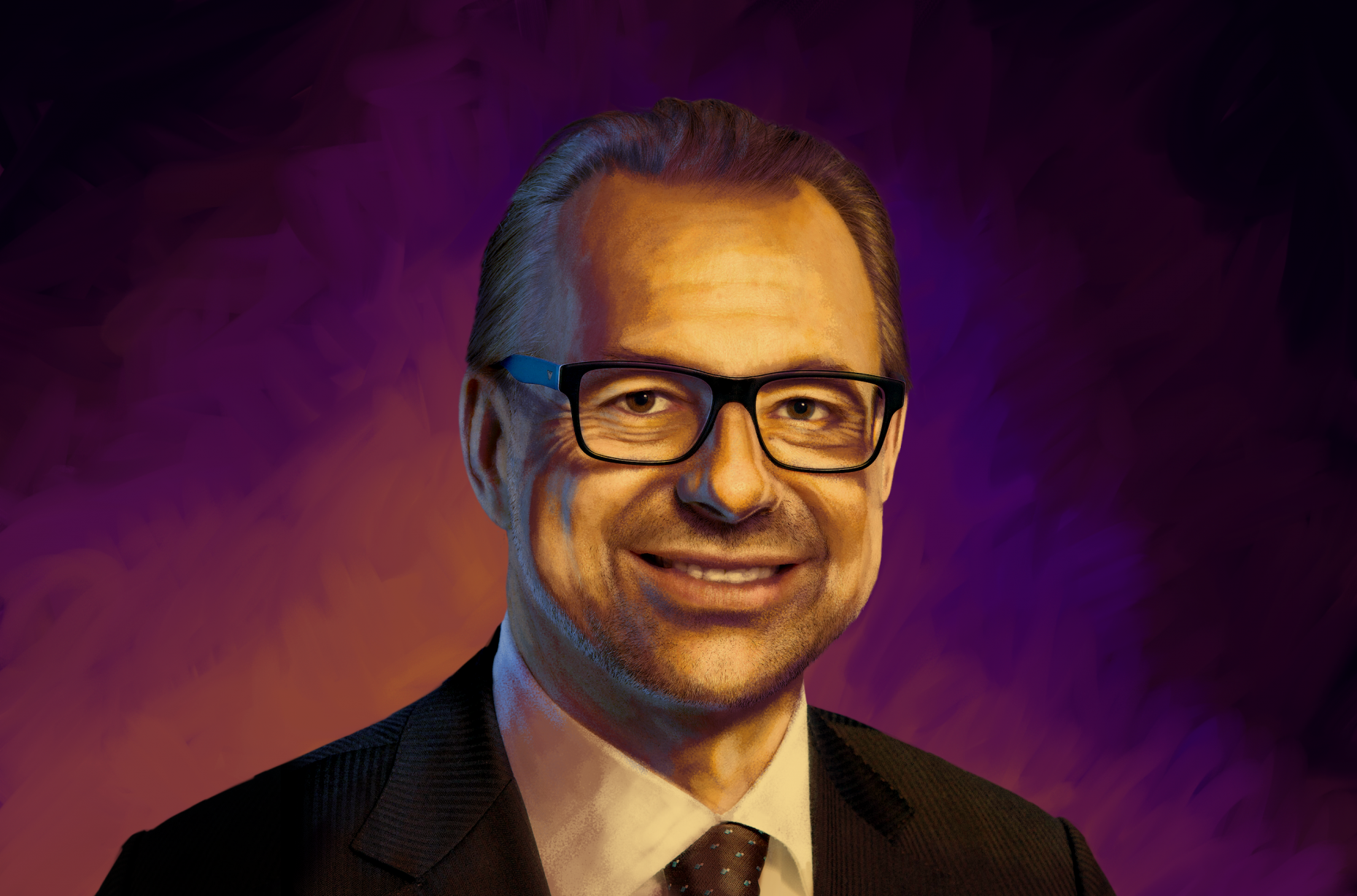Dr. Josef Aschbacher, new ESA Director General, in Portrait
The geophysicist from Tyrol had been considered a favourite for a long time, and on December 17, 2020, the ESA Council officially elected Johann-Dietrich Wörners successor, winning over his competitors from Spain and Norway.
From the moon landing to geophysics
Aschbacher's interest in space started early. At the age of seven he was sitting on his parents' farm in Tyrol and stared spellbound at the television when Neil Armstrong set foot on the surface of the moon and thus dared to take a big step for humanity. A decisive experience that ultimately contributed to the Austrian studying geophysics and meteorology at the University of Innsbruck. He then started his career at the European Space Agency, initially in 1989 at the European Space Research Institute (ESRIN) in Frascati near Rome.
After stays in Asia, where he taught earth observation methods with radar technologies and image processing at the Asian Institute of Technology in Bangkok (Thailand) and represented the interests of ESA in Southeast Asia, he returned to Europe in 1994. During his seven years at the EU Joint Research Center in Ispra (Italy), Aschbacher helped develop the EU Earth observation program now known as "Copernicus". From 2001 he worked for seven years at the ESA headquarters in Paris. The father of three children then went back to ESRIN in Italy, where he was responsible for program planning and coordination. Since 2016, as Director of Earth Observation, the author of more than 100 scientific publications since had been responsible for all ESA Earth observation missions and all related applications. Now the 58-year-old has made the leap to the top of the European Space Agency.
Aschbacher: Austrian space industry has "incredibly good quality"
In the previous year, Aschbacher spoke out in an APA interview that Europe should position itself better in space travel in order to remain competitive. "We have to be able to act faster and more dynamically and develop the commercial sector more strongly," he said. ESA must stimulate the commercial sector with kick-off funding from public funds, with the hope that companies will then "continue to develop products that they can sell on the market and make money with". Aschbacher attests the Austrian space industry - with around 120 companies and around 1,000 employees - "incredibly good quality". The country is among the leaders in some segments worldwide, but should work on expanding its portfolio.
ESA was founded in 1975, has 22 members, employs around 2,200 people and is exclusively dedicated to the peaceful uses of space.

